The Wasted Daughter of the Moon: The Trans Genius of Dave Carter
I promised myself I wasn’t going to be the trans girl who wrote some stupid fucking essay about being trans in her first year of public transition. So happy anniversary to me.
The Butterfly Conservatory is very probably the greatest band never to actually play a single note. Instead it exists in hypothetical and implication; an almost that never quite resolves into being. A band under that name played a pair of songs at the 2012 Falcon Ridge Folk Festival—a folk supergroup consisting of Tracy Grammer and a phalanx of other musicians to honor the ten year anniversary of the sudden passing of her musical partner, Dave Carter. But this is not The Butterfly Conservatory—merely a marker of what could have been. The real Butterfly Conservatory would have been Grammer along with a woman who’s never going to have a name—the woman Dave Carter was in the act of becoming when she died.
Of course, this divide is complex and problematic. Transition does not straightforwardly make you a different person. And yet at times the divide between before and after is at times a stark chasm. An honest accounting of transition requires that we embrace a both/and approach. For instance, when I remember my adolescence I can both remember the leering and toxic sense of sexual entitlement of a sixteen-year-old boy and the sense of rapturous and uncanny possibility of a sixteen-year-old girl listening to Ani DiFranco’s “Untouchable Face” for the first time and getting to the chorus. I am both—a boy named Phil who was, but is no longer (even as a person who is self-evidently the same person as him exists) and a girl named Elizabeth who always was, but only just became. The trans scholar Grace Lavery has written movingly about this on Twitter, describing how “trans narratology teaches us that neither a singular narrative of becoming, nor the laying out of life as a causal sequence, will do justice to the complexity of trans identification. Trans lives slip and slide, forward and backward in time.”
So instead of The Butterfly Conservatory we have the career of Dave Carter and Tracy Grammer, who worked together for five years starting with the release of When I Go (credited as Dave Carter with Tracy Grammer) in 1998 and ending with Carter’s fatal heart attack in 2002, a few months after she started hormones. By this time they had released two further albums, Tanglewood Tree and Drum Hat Buddha. The canon has posthumously swelled with two further albums, one recorded prior to Carter’s death, one created by Grammer taking some vocal demos and expanding on them, and two EPs, one a collection of holiday songs recorded across their career, the other releasing a couple more expanded demos. Adding to this body of work is a solo album by Grammer, Flower of Avalon, which consists of her takes on songs that Carter had written but that the duo had not recorded prior to her death.
That Carter and Grammer would have recorded as an entirely new band instead of simply rebranding as _______ Carter and Tracy Grammer speaks to the degree to which Carter, at least, saw this as a disjunct.…


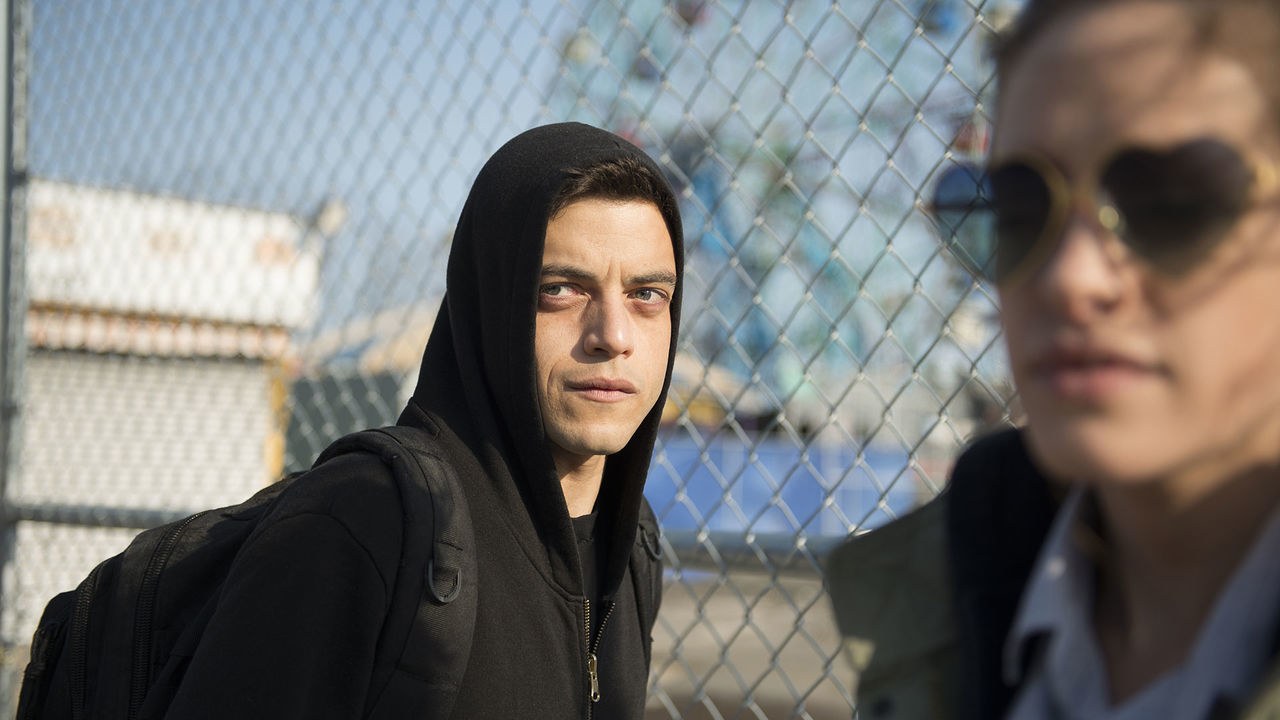 A thing we will inevitably have to address is what it looks like for Doctor Who to respond to Trump. Or, in the UK context, Brexit, but let’s go ahead and just use Trump as a metonym for the catastrophic politics that form the backdrop of the Moffat-Chibnall handover. This is, of course, something it is not fair to ask Class to do. It’s not fair to ask most of Series 10 to do it either—Trump’s election happened late in the block where they shot Oxygen and The Eaters of Light, which was in time to work the “too orange” gag into The Pyramid at the End of the World (although more on Trump and that episode when the time comes) but nowhere near early enough for anything in this season to be conceptualized as an intentional response to his Presidency. (His campaign is a different matter.) Even with Brexit, the vote took place four days after filming started—enough to have some impact (we know that Gatiss was considering an explicitly Brexit-themed script), but still fundamentally after the series was well underway. On the whole, Series 10 emerged from the midst of 2016’s turmoil; it is the Chibnall era that exists wholly and cleanly as a post-Trump work.
A thing we will inevitably have to address is what it looks like for Doctor Who to respond to Trump. Or, in the UK context, Brexit, but let’s go ahead and just use Trump as a metonym for the catastrophic politics that form the backdrop of the Moffat-Chibnall handover. This is, of course, something it is not fair to ask Class to do. It’s not fair to ask most of Series 10 to do it either—Trump’s election happened late in the block where they shot Oxygen and The Eaters of Light, which was in time to work the “too orange” gag into The Pyramid at the End of the World (although more on Trump and that episode when the time comes) but nowhere near early enough for anything in this season to be conceptualized as an intentional response to his Presidency. (His campaign is a different matter.) Even with Brexit, the vote took place four days after filming started—enough to have some impact (we know that Gatiss was considering an explicitly Brexit-themed script), but still fundamentally after the series was well underway. On the whole, Series 10 emerged from the midst of 2016’s turmoil; it is the Chibnall era that exists wholly and cleanly as a post-Trump work.
.jpeg) This week we delve into the dark pit of deeply pathetic depravity that is Mike Enoch of The Right Stuff and his ‘Daily Shoah’ podcast. Big deals within the ‘alt-right’.
This week we delve into the dark pit of deeply pathetic depravity that is Mike Enoch of The Right Stuff and his ‘Daily Shoah’ podcast. Big deals within the ‘alt-right’.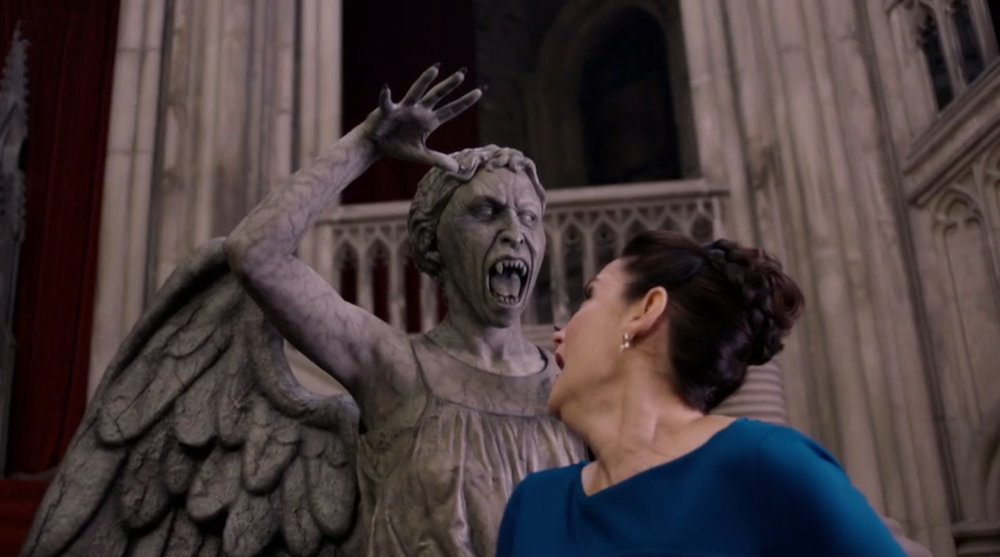 It’s December 3rd, 2016. Clean Bandit remain at number one. Weeknd and Daft Punk get a seond song in the top ten, while Neiked, Maroon 5 ft. Kendrick Lamar, and Bruno Mars also chart. In news, a plane crash kills the bulk of Brazillian football team Chapecoense. Donald Trump sparks a touch of
It’s December 3rd, 2016. Clean Bandit remain at number one. Weeknd and Daft Punk get a seond song in the top ten, while Neiked, Maroon 5 ft. Kendrick Lamar, and Bruno Mars also chart. In news, a plane crash kills the bulk of Brazillian football team Chapecoense. Donald Trump sparks a touch of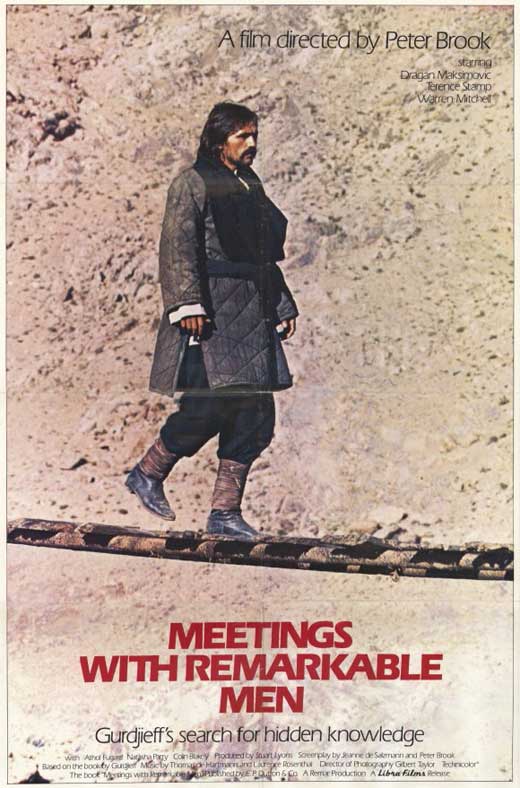
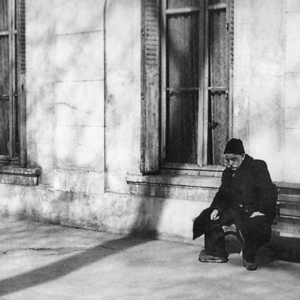 Inside, the song is Bush paying her debts to influences and teachers. A number of musicians of the time had spiritual gurus: Pete Townshend never stopped writing songs about Meher Baba, Dave Davies followed yoga teachings, and the Beatles famously lavished Maharishi Mahesh Yogi with attention for a period. Bush touches on this fad not by leaning exclusively on Gurdjieff but by discussing the wonders of influence and being taught.
Inside, the song is Bush paying her debts to influences and teachers. A number of musicians of the time had spiritual gurus: Pete Townshend never stopped writing songs about Meher Baba, Dave Davies followed yoga teachings, and the Beatles famously lavished Maharishi Mahesh Yogi with attention for a period. Bush touches on this fad not by leaning exclusively on Gurdjieff but by discussing the wonders of influence and being taught.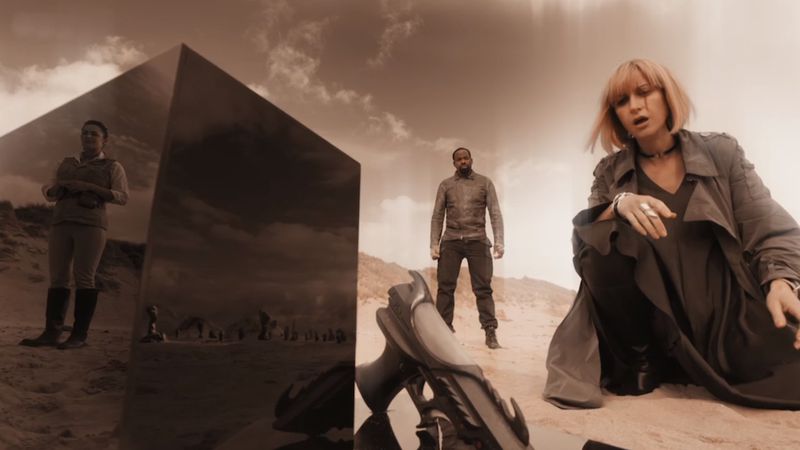 It’s November 26th, 2016. Clean Bandit are at number one with “Rockabye,” with James Arthur, Bruno Mars, and Neiked also charting. Indeed, the overall top ten are the same as last week in a very slightly different order. In news, the government of Colombia reaches a peace agreement to end the fifty-year long fight against FARC revolutionaries. 300 people are injured when police attack a protest against the Dakota Access Pipeline on the Standing Rock reservation. And Philip Hammond makes his Autumn Statement to Parliament.
It’s November 26th, 2016. Clean Bandit are at number one with “Rockabye,” with James Arthur, Bruno Mars, and Neiked also charting. Indeed, the overall top ten are the same as last week in a very slightly different order. In news, the government of Colombia reaches a peace agreement to end the fifty-year long fight against FARC revolutionaries. 300 people are injured when police attack a protest against the Dakota Access Pipeline on the Standing Rock reservation. And Philip Hammond makes his Autumn Statement to Parliament.